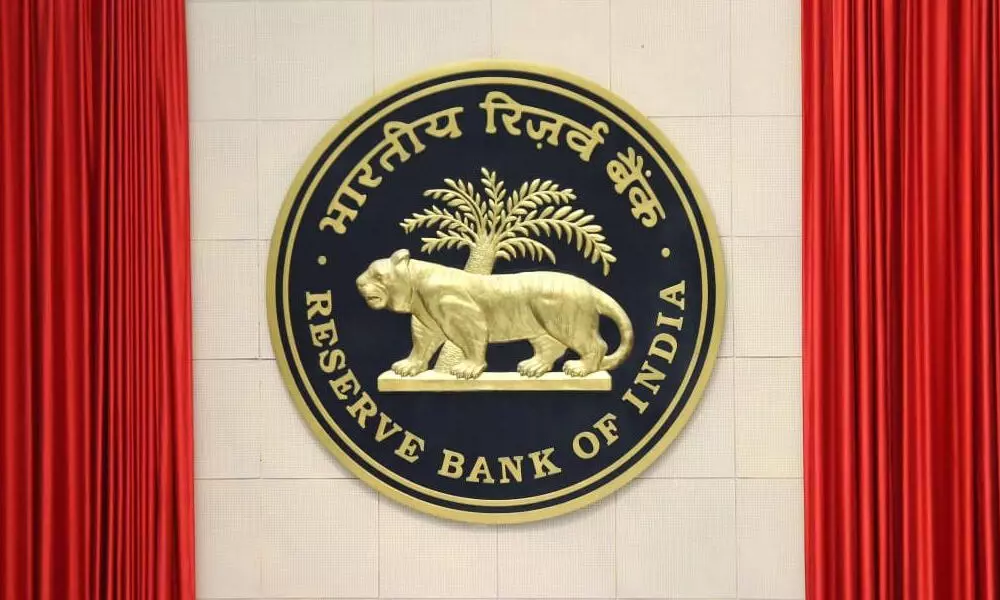Current scenario doesn't warrant RBI to change accommodative stance
As we are anxiously waiting for the new financial year to kickstart, there may be no reduction in interest rates going forward in the given economic condition.
image for illustrative purpose

As we are anxiously waiting for the new financial year to kickstart, there may be no reduction in interest rates going forward in the given economic condition. Of course, it goes beyond the earlier speculation, which has been doing the rounds in the financial world for quite some time. that the days full of accommodative stance are over and now it was time for the apex bank to go for a hike in rates going forward, the current scenario doesn't warrant the central bank to change its stance.
For starters, the RBI's stance is likely to remain accommodative for current calendar year. Besides, there was no likelihood of any rate cut by the apex bank even for the entire FY22. We will get a clear picture on the front on April 07 only when the bank reviews its annual monetary policy for the first time in the new financial year. In fact, the RBI, as a study by Tata MF suggests, is likely to gradually return to a normal Monetary Policy. Rather, the apex bank is expected to act to remove abundant surplus liquidity. However, liquidity is likely to remain positive, the report says.
There are a bunch of factors which make a strong case for the accommodative stance to be continued by the central bank for now and in the new fiscal too. Yet, CPI has been going northwards thanks to an overall hike in food, fuel and core categories, food inflation has started showing its ugly form. CPI rose by 1.03 per cent to 5.03 per cent YoY in the month gone by. On a similar note, food inflation shot up by 4.25 per cent in February from 2.67 per cent in the preceding month.
Consolidated fuel inflation rose by 6.96 per cent in February from 5.67 per cent a month ago. On sequential basis, it increased by 2.03 per cent in February from 1.53 per cent in January led by sharp rise in petrol and diesel prices. Even though oil prices have come down globally, it has not helped much in the significant fall in the domestic market. The tale of woes doesn't end here.
Core inflation rose by 1.26 per cent to 5.59 per cent in February due to spike in transport & communication cost. The numbers pouring in from other financial parameters like manufacturing, IIP and trade are also not encouraging. Nevertheless, CPI inflation may remain above RBI mid-point target of four per cent. India's trade deficit narrowed to$12.9 billion (14.5) which was led by fall on non-oil non-gold imports. So, no news on rate hike will be good news in the financial world to bring the country's pandemic-infested economy on the right track in days to come. Though much will depend on the recommendation to be made by the forthcoming three-day marathon monetary policy committee meeting which will be concluded on the policy day (April 07)

